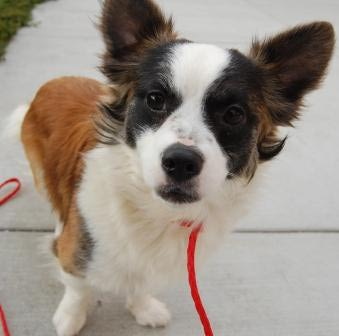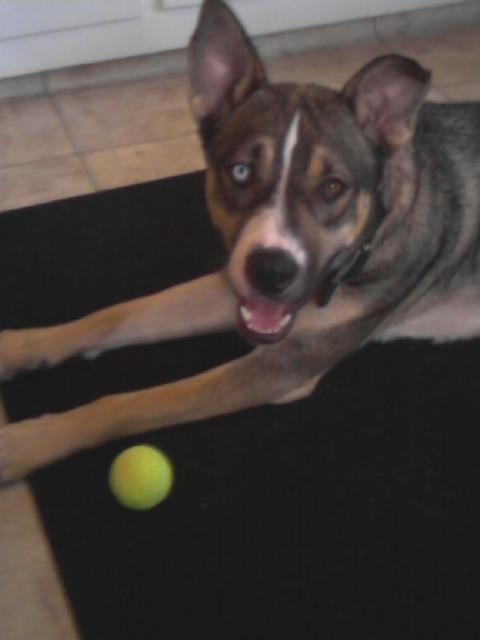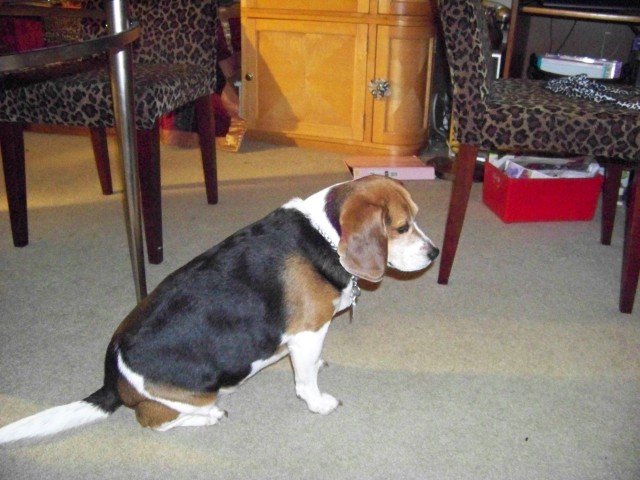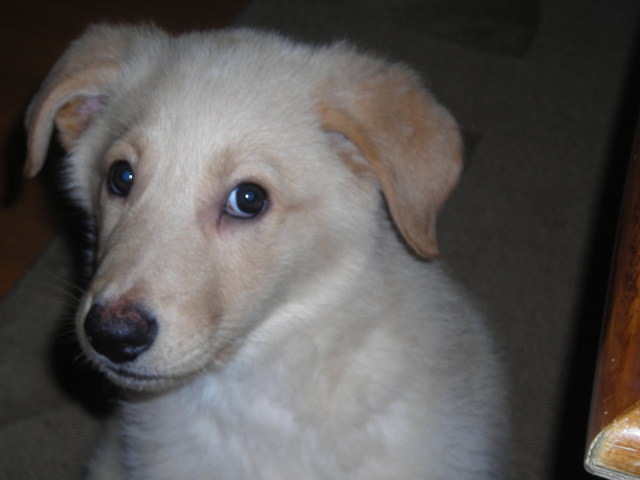Questioni need help! my 7 yr. old yorkie/shih tzu is a super lovable ball of energy...but i am super frustrated with his lack of housebroken ness! he was raised in an inconsistent environment re: caretakers and reinforcers....and was not crate trained. he lived with lots of people and other pets. he becomes very anxious when people are cooking (just an interesting tid bit). he was recently moved from the chaos he has always known to a quiet much more structured home where he is kept in a crate while i am working and in school. he has recently begun to pee in his crate (larger than recommended) and i feel like i am the one who is trained to walk him on leash every couple hours to prevent accidents. he also has health condition that makes treats and bones an absolute NO no and he eats toys when left in his crate. please help!!! without the use of reinforcers or toys, he seems bored when i am out (i am guessing because he pulls my stuff into his crate...mischief!) and i am so limited with ways to reward good behavior. need help desparately...;)
AnswerTaking the dog for a Walk to go potty is not the best way.
Take the dog out on leash, but stand still, give your go potty command and wait (about 5 minutes), if he does not go, then one would normally put the dog back in the create (dog will not normally toilet in their sleeping area), and return in about 10 minutes and repeat the process, until he has gone outside.
Creates should only give a toilet training dog enough room to stand up and turn around, extra space will give them the opportunity to toilet at the other end of a create.
Praise a dog with a slightly high squeaky tone to your voice and pet. Dogs see attention from an owner as praise and you do not always need to use treats as a reward. When using treats for a dog with medical issues, there are lots of healthy choices out there now for treats, so you may be able to find a treat that will not have an effect on his medical restrictions.
Destructive chewing is often the sign of a bored or stressed dog. Obedience and Trick Training are a good way to interact with your dog and provide him with both mental and physical exercises.
Dogs are pack animals, so moving from a large pack to a smaller one can effect a dog for sometime after the move. You do not mention how long he has been with you, but you can see dogs take as much as 6/7 months to adjust.
Your mention of the food issue could be related to his previous environment where being possibly the smaller or weaker willed of the animals, he was last to eat, and may have not in that case received the appropriate amounts of food.

 How do you feel about citronella collars?
QuestionPanda
QUESTION: I have a male Corgi mix,
How do you feel about citronella collars?
QuestionPanda
QUESTION: I have a male Corgi mix,
 Dog tackling
Question
My dog
I would like to know a technique or a t
Dog tackling
Question
My dog
I would like to know a technique or a t
 Crystal the beagle
Question
Crystal
Crystal is 8 1/2 years old,she is a be
Crystal the beagle
Question
Crystal
Crystal is 8 1/2 years old,she is a be
 Dog jumps on counters, Refrigerator,cabinet tops when Im not home
Question
Bell
Hello,
I dont even know where to
Dog jumps on counters, Refrigerator,cabinet tops when Im not home
Question
Bell
Hello,
I dont even know where to
 housetraining
QuestionQUESTION: We have a 10 week old retriever/colli
housetraining
QuestionQUESTION: We have a 10 week old retriever/colli